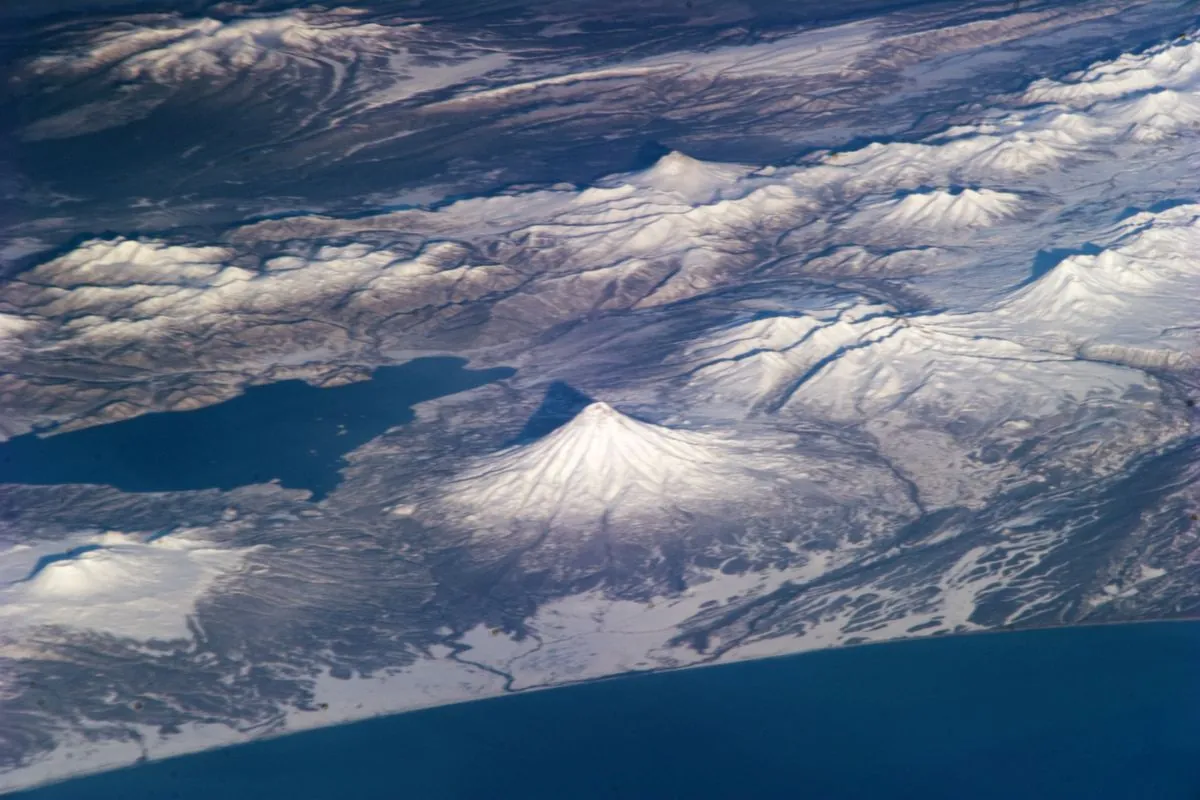Tragic Helicopter Crash in Russia's Kamchatka Claims 22 Lives
A tourist helicopter crashed near Vachkazhets volcano in Russia's Kamchatka region, resulting in 22 fatalities. Rescuers have recovered 17 bodies from the wreckage site, with search operations ongoing.

In a devastating incident, a tourist helicopter crashed yesterday in Russia's far eastern Kamchatka region, resulting in the loss of 22 lives. The aircraft, carrying 19 tourists and three crew members, disappeared shortly after takeoff on Saturday near the Vachkazhets volcano.
Rescue teams located the wreckage on Sunday morning in a hilly area at an altitude of 900 meters. Ivan Lemikhov, an official from Russia's Emergencies Ministry, confirmed the recovery of 17 bodies thus far. The search operation has been temporarily halted until daybreak due to challenging conditions.
The ill-fated helicopter was operated by Vityaz-aero, a local company specializing in tourist flights. Kamchatka, situated approximately 7,080 kilometers east of Moscow, is renowned for its breathtaking landscapes and active volcanoes, attracting adventure enthusiasts from around the world.

This tragic event highlights the risks associated with air travel in this remote region. Kamchatka Peninsula, part of the Pacific Ring of Fire, boasts over 160 volcanoes, with 29 still active. Its unique geography and subarctic climate contribute to unpredictable weather conditions, posing challenges for aviation.
Unfortunately, this is not an isolated incident. The region has a history of aviation accidents:
- August 2021: A helicopter crash into a lake claimed eight lives.
- July 2021: A plane accident resulted in the deaths of all 28 passengers and crew.
These recurring incidents underscore the need for enhanced safety measures in the area's aviation sector.
Kamchatka's isolation has preserved its pristine nature, making it a UNESCO World Heritage Site. The peninsula, spanning 1,250 km in length and 480 km in width, is home to diverse wildlife, including the world's largest population of brown bears. Its ecosystem, largely untouched until recently, now faces the dual challenge of conservation and sustainable tourism development.
The region's economy heavily relies on fishing and tourism, with its 14,000 rivers and streams supporting one of the world's most important salmon spawning areas. As Kamchatka continues to attract visitors with its geothermal wonders, including geysers and hot springs, balancing economic growth with safety and environmental preservation remains a critical concern.
As investigations into this latest tragedy continue, the incident serves as a somber reminder of the risks inherent in exploring such remote and challenging terrains. It also highlights the ongoing need for stringent safety protocols and improved infrastructure in regions where nature's beauty often comes hand in hand with potential hazards.


































